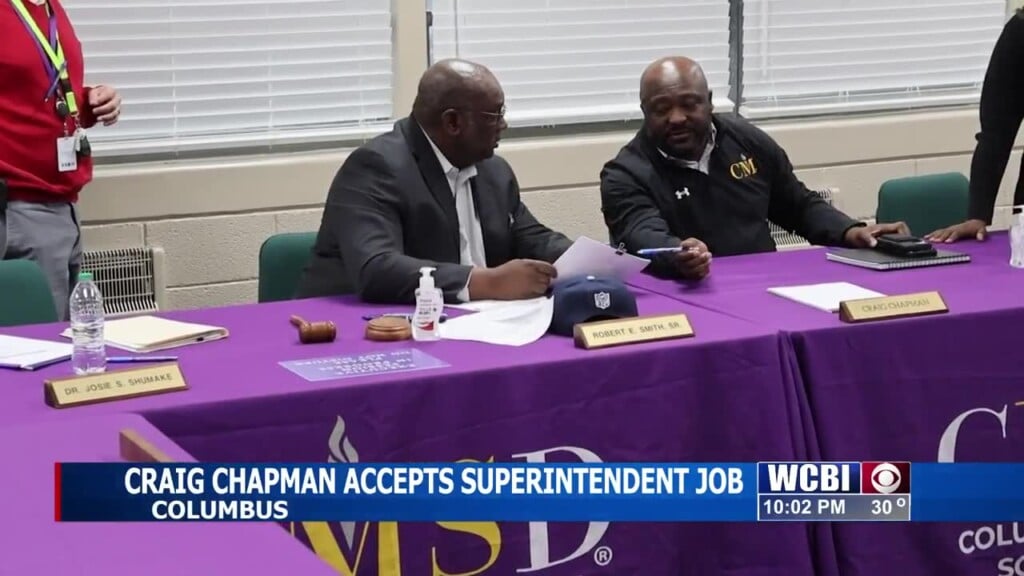Phone carriers will block some robocalls for free
Major phone companies say they’ll give customers free tools to block robocalls as part of an agreement reached with 50 state attorneys general.
It’s the latest step from government and industry to combat a growing — and costly — problem. But consumer advocates say far more action is needed.
A coalition of 50 state attorneys general and 13 phone companies announced Thursday they will offer free call-blocking tools to all their customers except for traditional landline users. They will block some robocalls at the network level, as well as make it harder for callers to use faked caller ID phone numbers.
Trending News
Verizon, AT&T, T-Mobile, Sprint, Comcast, US Cellular and seven other carriers have signed on to the agreement. Smaller carriers have yet to sign.
The agreement doesn’t have a timeline, nor does it appear to be legally binding. Lawmakers acknowledged that it won’t stop all calls, but said they expect it will make it easier to go after bad actors.
“By shining a light on these robocallers, we will be able to aggressively enforce the law against the scofflaws and hold them accountable,” Josh Stein, North Carolina’s attorney general, said at a press conference Thursday.
“These efforts will be undoubtedly helpful in the overall fight, but they won’t be enough,” said Margot Saunders, senior counsel at the National Consumer Law Center. “The devil is in the details. Will the call blocking be automatic, or will the consumer have to turn it on? How do you make sure the consumer gets the calls they do want?”
Saunders also questioned why the agreement was coming from a group of state leaders rather than the Federal Communications Commission, which has the power to set rules limiting robocalls. The FCC has called on phone companies to block unwanted calls, allowed carrier to block spam calls by default, and encouraged carriers to adopt caller ID technology, but it has not required them to do so.
Earlier this month, the FCC made it illegal for foreign callers to spoof a U.S. number, hoping the new rule would encourage phone companies to go after scammers using this technique.
Kathy Grillo, a senior vice president for government affairs at Verizon, said the company was in “an ongoing battle” with scammers and robocallers, “and we’re determined to fight this battle.”
Congress is also working on several bills to block robocalls. Different versions of such bills have passed the House and the Senate.
Americans received 50 billion spoof, scam or automated calls last year.
The Associated Press contributed reporting.





Leave a Reply